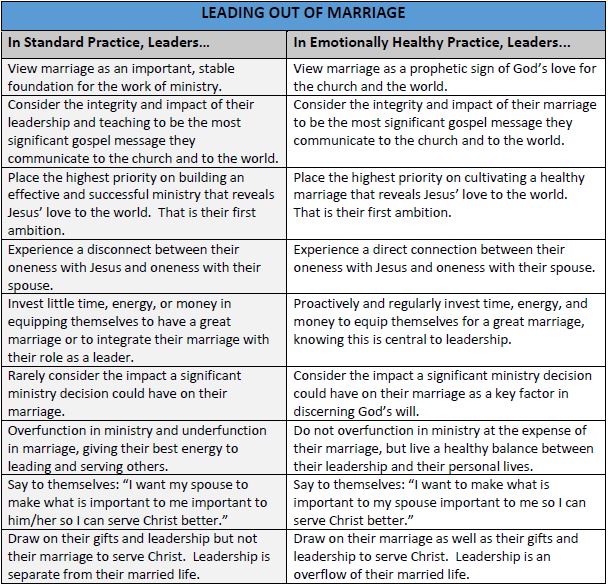 Selection: The Church Dogmatics II/2:76-93, The Place of the Doctrine in Dogmatics.
Selection: The Church Dogmatics II/2:76-93, The Place of the Doctrine in Dogmatics.
The final subsection of §32 concerns the location of the doctrine in the schema of systematic theology. Barth innovates with respect to the tradition by situating the doctrine of election within the doctrine of God; God himself and all God’s works are a consequence of his election. God is God only as the electing God.
As far as I know, no previous dogmatician has adopted such a course. We must ask then: Is it really the case that the doctrine of election forms a part of the definition of the Subject of all Christian doctrine? … We answer this question affirmatively when we maintain of God that in Himself, in the primal and basic decision in which he wills to be and actually is God, in the mystery of what takes place from and to all eternity within Himself, within His triune being, God is none other than the One who in His Son or Word elects Himself, and in and with Himself elects His people. In so far as God not only is love, but loves, in the act of love which determines His whole being God elects (76).
In this subsection Barth surveys six different ways in which theologians have located the doctrine, especially within the Reformed tradition, and more particularly with reference to Calvin. In classical Reformed Orthodoxy, according to Barth, the doctrine followed the doctrine of God, preceding directly the doctrine of creation and the whole remaining content of confession and dogmatics (77). Nevertheless Barth distinguishes his own position from that of Reformed Orthodoxy because the primary tenet of the tradition was not election at all, but the doctrine of the divine decrees of which the election was simply one part. The election, therefore, was grounded in a doctrine of the “absolute world-governance of God,” thus taking God in his relation to the world as its first datum, and understanding the election in light of this (78).
As Barth turns his attention to other ways of considering the location of election he notes that they all speak first of creation and providence and only then of election, either in connection with providence, or with respect to God’s work of salvation.
The most interesting feature of this section is Barth’s discussion of Calvin. Barth notes that in 1536 in the first edition of his Institutes, Calvin linked the doctrine of election with ecclesiology rather than subsuming it under the doctrine of providence. A year later in the first draft of his Catechism, Calvin placed the doctrine immediately after his treatment of Christology and before his treatment of the Holy Spirit and the church. In the later editions of his Institutes (from 1539-1559), it is treated as the climax of reconciliation, as the last word to be spoken concerning God’s work of salvation, which also casts its light on all that has gone before. Finally, in the Confession Gallicana (1559), Calvin adopted precisely the opposite arrangement in which the election was the first word to be spoken with respect to reconciliation.
It is true that Calvin did partly share and partly inaugurate four different conceptions of the place and function of the doctrine of election. But it is also true that we do not find amongst these the conception which is usually described as classical in Reformed dogmatics. Calvin never connected the doctrine of predestination with that of God, whether directly or indirectly (86).
What Calvin did appear to find in the doctrine of election was this—a final (and therefore a first) word on the whole reality of the Christian life, the word which tells us that the existence and the continuance and the future of that life are wholly and utterly of the free grace of God (86).
Of the four proposals made by Calvin, Barth considers that of his Catechism the best, since it understands election as “an event which works itself out between Christ and the Christian” (88).
Barth’s own method is to attach the doctrine, with Reformed Orthodoxy, to the doctrine of God, and with Calvin, to the doctrine of reconciliation, which is and must be the first, central and definitive word of Christian dogmatics:
The doctrine of election is the last or first or central word in the whole doctrine of reconciliation as [Calvin] rightly perceive[d]. But the doctrine of reconciliation is itself the first or last or central word in the whole Christian confession or the whole of Christian dogma. Dogmatics has no more exalted or profound word—essentially, indeed, it has no other word—than this: that God was in Christ reconciling the world unto himself (88).
The doctrine of election thus serves to identify God as the gracious God and to bring all the works of God under the reign of grace. There is no aspect of existence not encompassed by divine grace. The election is the divine self-determination that God wills to be God solely in Jesus Christ, and to be known, loved, feared and worshipped only as this God (91). Barth insists that this emphasis on divine grace was Calvin’s deepest priority:
We must see the election at the beginning of all the ways of God, and treat of the doctrine accordingly. We believe that in so doing we shall not be disloyal to the intention which activated Calvin especially as he drew up those different outlines. We shall rather be taking up and realising this very same intention (90).



 I am preaching again at Harmony Baptist Church today. Last week my message from Psalm 77 was centred around the devotional practice of meditating on the Scriptures. Today’s message is also focussed on the reception and use of the Bible in the Christian life, this time in terms of study rather than meditation.
I am preaching again at Harmony Baptist Church today. Last week my message from Psalm 77 was centred around the devotional practice of meditating on the Scriptures. Today’s message is also focussed on the reception and use of the Bible in the Christian life, this time in terms of study rather than meditation.


